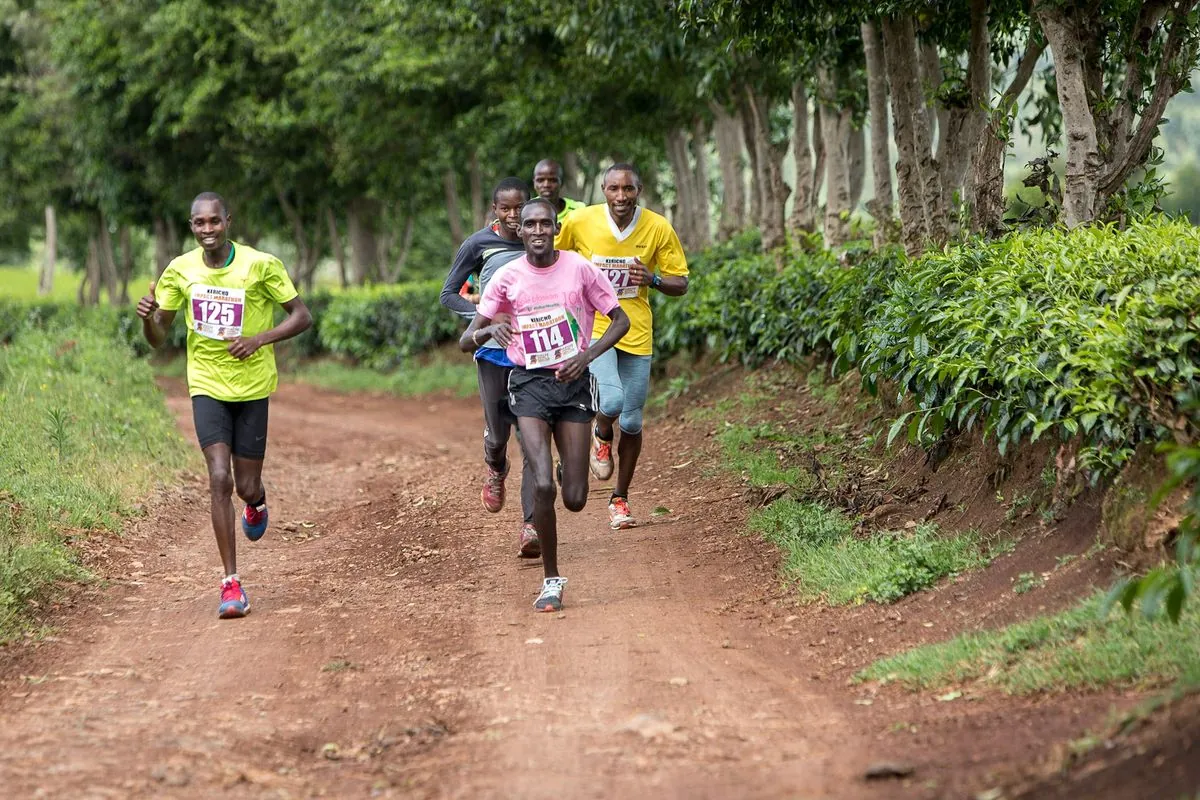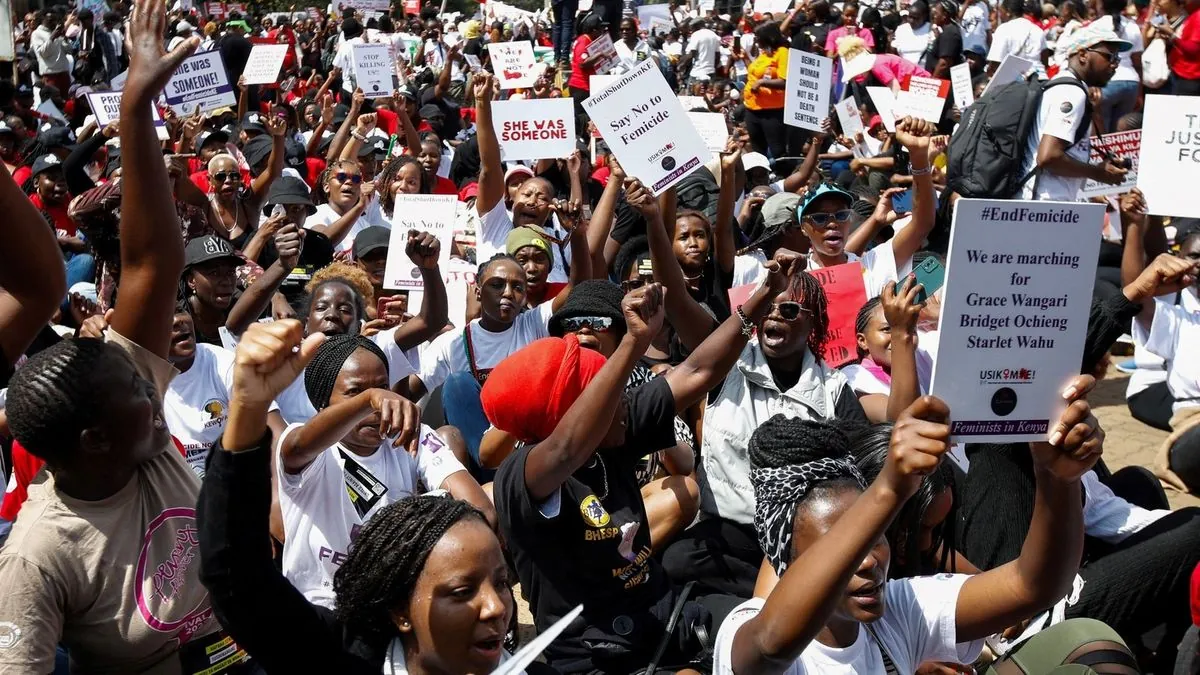Tragic Death of Olympic Runner Exposes Dangers for Kenya's Female Athletes
Olympic marathon runner Rebecca Cheptegei's murder by her ex-boyfriend in Kenya highlights the perilous situation faced by successful female athletes. The incident raises questions about police inaction and societal attitudes.

The recent tragic death of Rebecca Cheptegei, an Olympic marathon runner, has cast a spotlight on the dangers faced by successful female athletes in Kenya. The incident, which occurred on September 1, 2024, has sparked outrage and raised questions about the effectiveness of measures to protect women in sports.
Cheptegei, a 33-year-old Ugandan-born athlete, was attacked by her ex-boyfriend, Dickson Ndiema Marangach, at her home in Kinyoro, western Kenya. According to reports, Marangach doused Cheptegei in petrol and set her on fire, resulting in burns to 80% of her body. The athlete succumbed to her injuries four days later.
This horrific event is not an isolated incident. Cheptegei's death marks the third case of a female runner being killed in Kenya since 2021, allegedly by romantic partners. These incidents highlight a disturbing trend that threatens the safety and success of women in athletics.

The case has exposed significant shortcomings in the response to threats against female athletes. Joseph Cheptegei, Rebecca's father, revealed that his daughter had reported threats and physical abuse by Marangach to the police at least three times in 2024. Despite these reports, the family claims that law enforcement failed to take adequate action to protect Rebecca.
"This man is going to kill my child."
Kenya's sports community has been left reeling from this tragedy. Joan Chelimo, co-founder of Tirop's Angels, a non-profit supporting domestic violence victims, expressed frustration at the continuing inaction of authorities and Athletics Kenya. The organization was established after the death of Agnes Tirop, another prominent runner, in 2021.
The situation reflects broader issues of gender-based violence in Kenya. According to government data from 2022, one in three adolescent girls and women have been victims of such violence. Femicide Count Kenya, an NGO documenting gender-related killings, has recorded 157 cases in 2024 alone, the highest number since they began collecting data in 2019.
Elizabeth Keitany, a board member of Athletics Kenya, stated that the organization has helped six young women escape abusive relationships since 2022. However, critics argue that more comprehensive measures are needed to address the root causes of violence against female athletes.
Cheptegei's story also sheds light on the economic dynamics that can make female athletes vulnerable. In Kenya's patriarchal society, successful runners often become targets for predatory individuals seeking to control their assets. Cheptegei, who managed her own finances and supported her extended family, had resisted attempts to manipulate her earnings.
The tragedy has left Cheptegei's family devastated. Her mother, Agnes, expressed the profound loss felt by the entire community: "Everyone in this compound depended on her. I don't know what I will do now."
As Kenya grapples with this latest tragedy, there are renewed calls for stronger protective measures for female athletes and more effective responses to reports of threats and abuse. The case of Rebecca Cheptegei serves as a stark reminder of the challenges faced by women in sports and the urgent need for systemic change to ensure their safety and success.


































